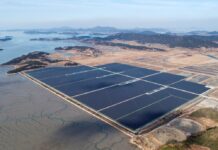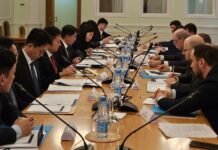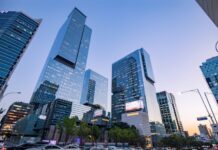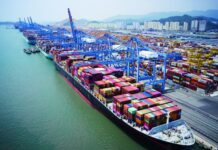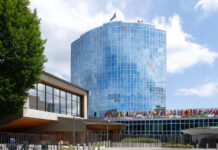Foreign direct investment (FDI) coming into Korea has been on the rise, despite economic uncertainties such as a global economic slowdown and issues surrounding North Korea’s nuclear weapons.
The Ministry of Trade, Industry and Energy announced on Oct. 4 that newly registered FDI was worth USD 15.5 billion between January and September, 2016, showing a 13.4 percent rise over the same period last year, which received USD 13.27 billion. This is the most FDI between any January and September that Korea has ever received, said the ministry.
By source country or region, the EU showed the highest increase in investments in Korea, recording USD 5.32 billion worth of registered FDI during the year’s first nine months. This is more than 194 percent up from EU investment in Korea over the same time period last year, which was only USD 1.84 billion.
Investment from the EU showed balanced growth across various industries, not only in manufacturing but also in service industries. In the manufacturing sector, companies from the EU injected USD 0.43 billion into the petrochemical sector in Korea, and USD 0.2 billion into the biotechnology and pharmaceutical sectors. Companies from the EU invested USD 2.43 billion into the finance and insurance sectors in Korea, 0.84 billion into business services, and 0.33 billion into regional development. More specifically, EU companies invested USD 0.11 billion into the supply of special gas for semiconductors and displays, and USD 30 million into constructing hotels and convention centers, and a residential and commercial complex in Busan.
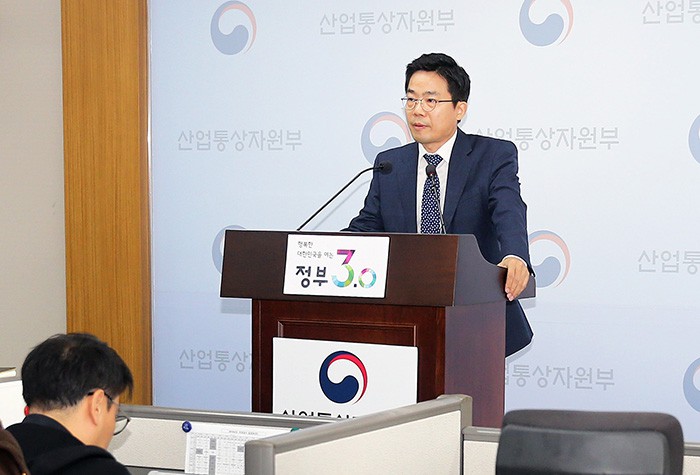
Park Sung-taek, the director general for investment policy at the Ministry of Trade, Industry and Energy, hosts a press briefing about Korea’s record-high FDI in the first nine months of 2016, at the Government Complex-Sejong on Oct. 4.
Following the EU, investment in Korea from U.S. and Chinese companies also increased. Within the first nine months of this year, registered FDI in Korea from Chinese companies rose 8.7 percent, to USD 1.663 billion, over last year’s USD 1.53 billion during the same time period. China’s FDI used to be concentrated on real estate and finance, but now it has diversified to more new industries, such as content, entertainment, electric vehicles and aerospace. In this regard, Korea received investments to build factories for electric vehicles, backed by Chinese capital and Korean technology. Chinese companies also invested in Korea’s entertainment industry, again, backed by Chinese capital and distribution networks and Korean content production. Chinese companies also invested in Korean cosmetic firms, using Korea’s network of free trade agreements and advanced technology to re-export cosmetics to other countries.
Registered investment from U.S. companies showed a 3.2 percent rise to USD 3.07 billion, from last year’s USD 2.97 billion. U.S. companies’ investment in the Korean manufacturing sector showed a remarkable increase of 82 percent to a record high of USD 0.82 billion over nine months, from last year’s USD 0.45 billion. This includes research and development (R&D) and the business services industry. Some of these investments include USD 10 million for an R&D center for the development of artificial joints, and USD 15 million for the expansion of cloud computing services.
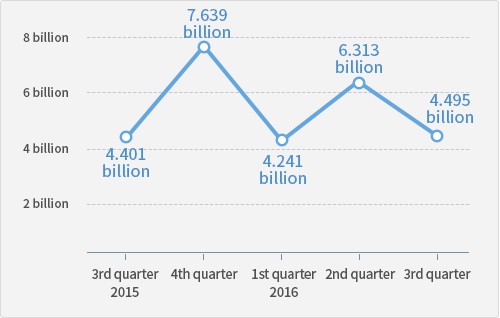
Registered FDI coming into Korea between January to September this year hit a record high of USD 15.5 billion. (unit: USD, source: Ministry of Trade, Industry and Energy)
By sector, FDI in the manufacturing sector was estimated at USD 4.33 billion, recording a 46.2 percent increase over last year’s USD 2.952 billion. In the manufacturing sector, FDI in green field investments, a form of FDI where a company builds its operations in a foreign country, recorded USD 3.31 billion, jumping 85 percent over last year’s USD 1.78 billion. Korea received investments of USD 0.86 billion into its transportation machinery, 0.84 billion into its electronics and electricity industries, and 0.76 billion into its petrochemical sector. Korea also received USD 10 million to develop and establish an anti-cancer medicines, and an additional USD 15 million for chemical deposition equipment for the production of semiconductors.
Foreign investors also invested in Korea’s new industries that the government has vowed to foster as future economic growth engines, such as biotechnology, healthcare, IT and high value-added consumer goods.
Park Sung-taek, the director general for investment policy at the Ministry of Trade, Industry and Energy, said on Oct. 4 that, “We’re facing uneasy conditions in regard to attracting foreign direct investment due to the global economic slowdown, and the spread of trade protectionism. Despite such difficulties, FDI into Korea hit record highs, which proves that the potential of the Korean economy is valued highly around the world.”
By Yoon Sojung
Korea.net Staff Writer
Photo: Ministry of Trade, Industry and Energy
arete@korea.kr


